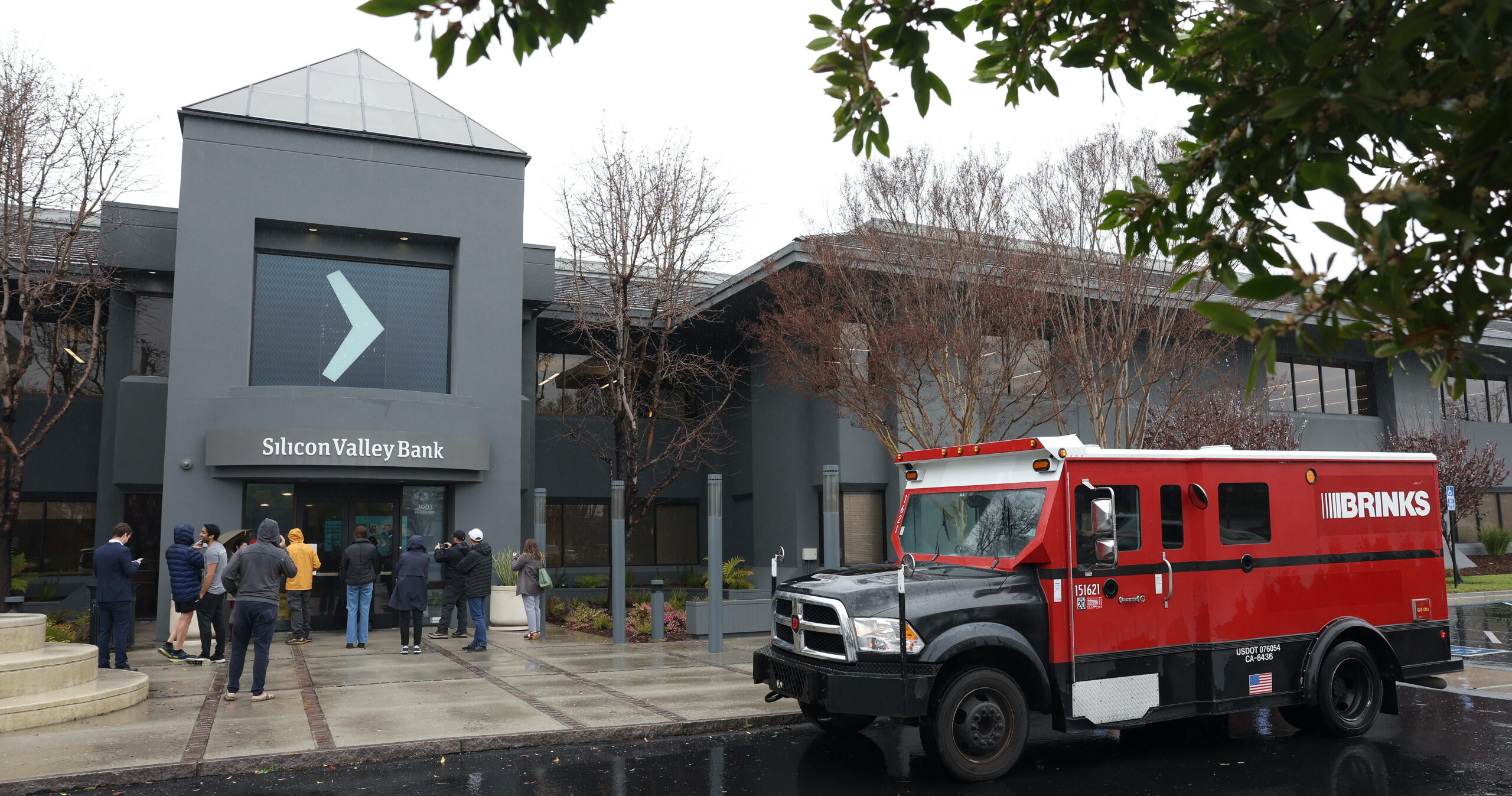The collapse of Silicon Valley Bank, the second largest in US history, is raising concerns about a “contagion” that could trigger a financial panic. As the 18th largest bank in the US, SVB’s bankruptcy may not prove an event on the scale of Lehman Brothers, but it may reflect something perhaps even more important: the decline of the Valley’s once vibrant entrepreneurial culture.
As a young reporter, I covered bank founder Roger Smith in 1983 when he came up with the idea of providing conventional financing to young, often venture-backed growth companies. In those days the big Wall Street financiers were largely clueless about technology, and the industry needed someone who understood their needs and ambitions. The now-retired Smith became a real player in the tech world, as well as in the Valley’s philanthropic scene.
Today’s Silicon Valley is not brimming as before with aggressive startups and the garage-based entrepreneurs who are the SVB’s bread and butter. Indeed, the magic that led firms and people to come to California is wearing off; Mike Malone, who has chronicled Silicon Valley over the past quarter-century, believes that this is because the Valley has lost its egalitarian ethos. The new masters of tech, he suggests, have shifted from “blue-collar kids to the children of privilege”. An intensely competitive industry, he adds, has become enamoured with the allure of “the sure thing” backed by massive capital. If there is a potential competitor they simply buy it. Innovation is therefore in short supply.
In this new oligarch-dominated Silicon Valley, there is less need for a unique bank like SVB because the entire eco-system that the bank depended on has diminished. It’s likely that the big financial institutions will now step in and pick off the strongest candidates in the start-up litter, generally those who can eventually be hived off to one of the giants.
The Valley is far from dead. It still retains an enormously deep field of technical talent and the professionals who service them. But its era of dominance is clearly ending as more companies expand or even move their headquarters elsewhere — something Hewlett Packard Enterprise, Oracle and Tesla have already done.
This “tech exodus” has, however, been underway for years; according to research by Ken Murphy, 13,000 companies left California between 2009-2016 alone. The pandemic-induced push to move work online only appears to have hastened this shift. With two out of three tech workers willing to leave the Bay Area if they could work remotely, Big Tech could readily spread talent and wealth to other states.
The Valley may remain top dog but, as unique institutions like Silicon Valley Bank disappear, there are more potential alphas lurking elsewhere in the kennel.











Join the discussion
Join like minded readers that support our journalism by becoming a paid subscriber
To join the discussion in the comments, become a paid subscriber.
Join like minded readers that support our journalism, read unlimited articles and enjoy other subscriber-only benefits.
Subscribe